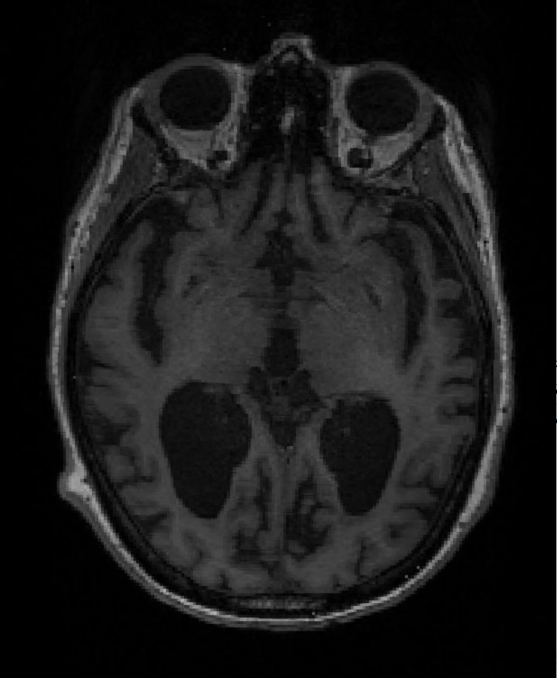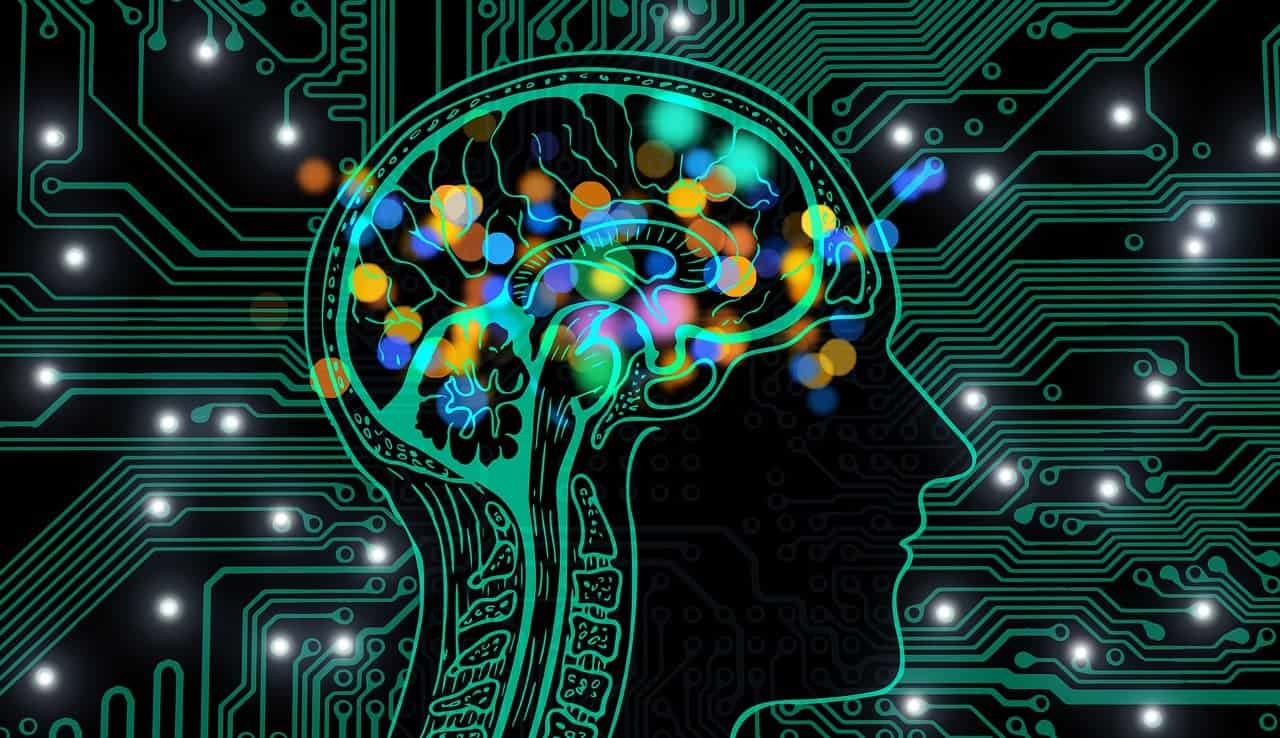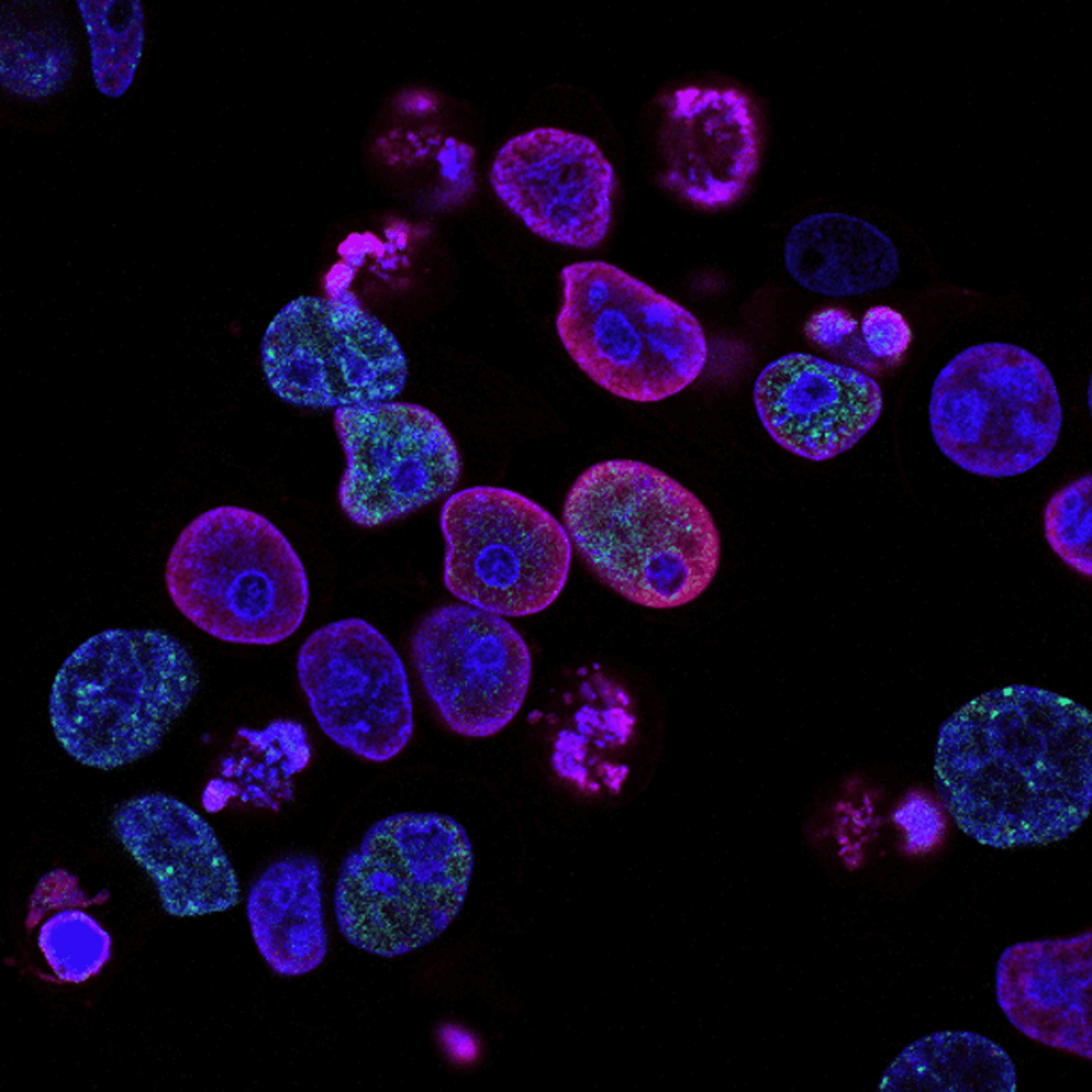
Artificial intelligence (AI) can help predict dementia even before the first serious symptoms start to show. This is what researchers from the University of Cambridge and the Alan Turing Institute claim in a study that was made public yesterday.
As always is the case with AI – or ‘machine learning’ – it takes a considerable amount of data to recognize certain patterns. The Cambridge study involved a group of 80 people who had mild symptoms of memory loss or other cognitive problems, although no symptoms of Alzheimer’s disease had manifested yet.


Brain scans
“We managed to find patients who did not have severe symptoms, but who did develop Alzheimer’s later on,” says project leader and professor at the university, Zoe Kourtzi.
Drawing on scans and regular memory tests on the patients, AI was able to search for any structural similarities in the brain scans. From there, an algorithm rolled out that Kourtzi says could be used with other potential Alzheimer’s patients in the future.
Grey matter
The AI was mainly used to look at recurring patterns in the disappearance of so-called grey matter in the brain. This grey matter is responsible for processing information. A next step that is currently being worked on is to have the algorithm differentiate between different forms of dementia. To do this, the study is now being expanded to a much larger group of people.
There are no effective drugs yet for Alzheimer’s disease or dementia. But several method to slow down the disease do exist. That is why it is important to make the diagnosis as early as possible so that measures can be taken in time.
You can find more about Alzheimer’s on our website here.








